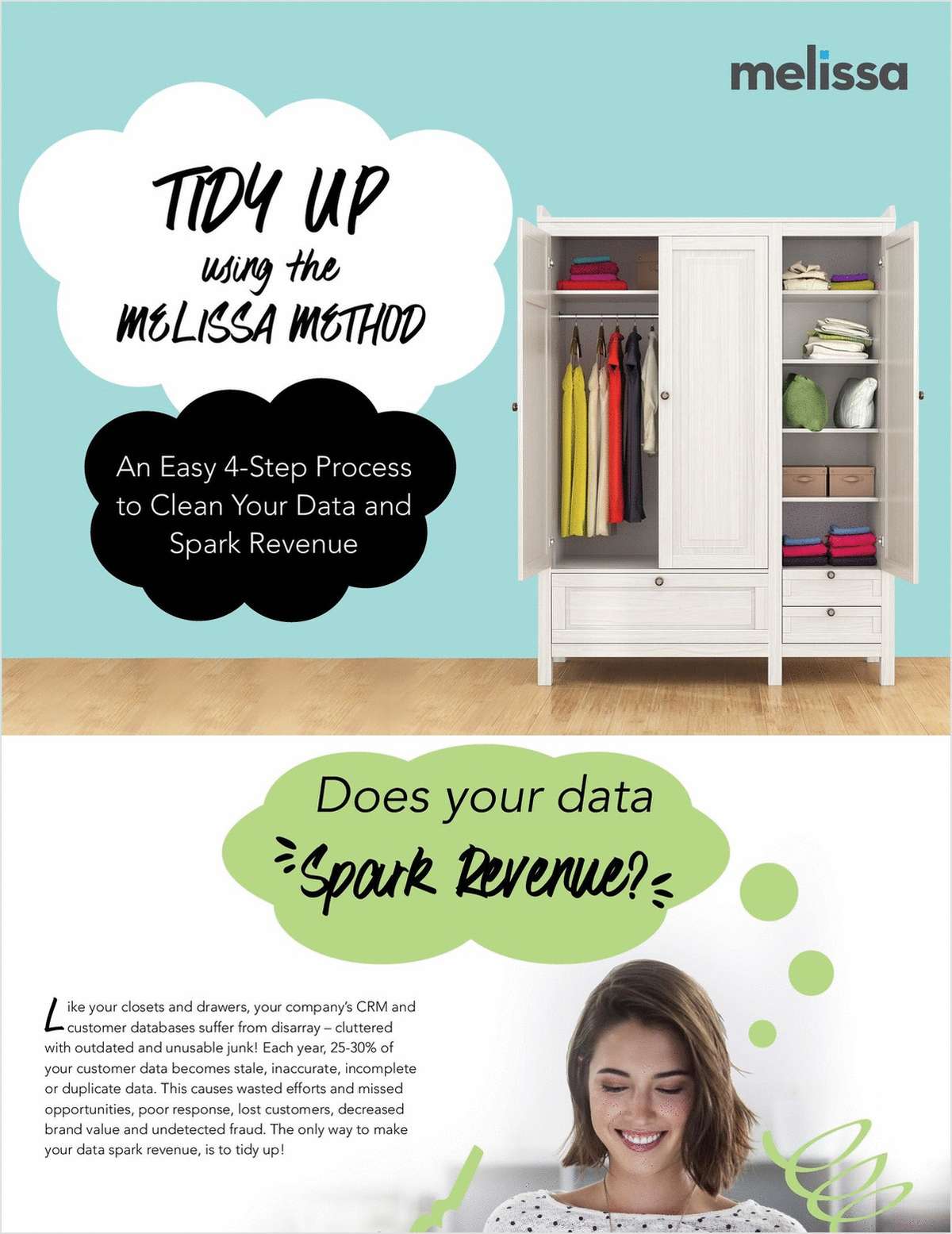Providing workers' compensation coverage for clients in theconstruction industry can be one of the greatest challenges to aninsurance agency, but it can also be one of the most profitable.Contractors pay higher insurance rates and are subject to morestate regulation than other businesses. They also have servicingneeds (such as issuing certificates of insurance on a regularbasis) that other accounts don't. If your agency has constructionclients, here are the top 10 things you should know about writingworkers' comp for contractors.
|1. What kinds of businesses are classified as“construction?”
|The Division of Workers' Compensation publishes a list of the 87class codes that are considered to be in the construction industry.It's important to review the list because some businesses you mightnot think of as being in the construction industry, likelandscaping, are considered construction for workers' comppurposes. Find the complete list in the Division's rule 69L-6.021,available at www.fldfs.com/wc.
|2. Who in the construction industry needs to have workers' compinsurance?
|If your client's business is in one or more of the constructioncodes, that business needs workers' comp if it has one or moreemployees. Corporate officers, limited liability company (LLC)owners, sole proprietors, and partners are all employees, but theymay have opted out of the workers' compensation system. The onlytime a construction business does not need workers' comp insuranceis if (a) the business is a corporation or LLC, (b) it has noemployees, and (c) all owners have valid exemptions from workers'comp provisions.
|3. Who has to have workers' comp coverage on a constructionsite?
|All people working on a construction site must be covered by aworkers' comp policy or they must have a valid exemption fromworkers' comp. There is no such thing as an independent contractoron a construction site.
|4. Who can exempt out of workers' comp?
|In the construction codes, the only people who can be exempt arethose who own at least 10 percent of a corporation or LLC. Onlythree owners of a company can be exempt at any one time. Employeescannot be exempt from workers' comp.
|5. How long are exemptions valid?
|Exemptions must be renewed every two years, and the renewalprocess can take up to 30 days. The state Division of Workers'Compensation notifies all exemption holders when their exemptionsare about to expire, but your clients should not wait until theyreceive their renewal notices from the state. Allowing an exemptionto lapse can mean a visit from a state compliance officer andpaying a premium on the officer's salary that was received whilethe exemption was expired.
|6. What happens if my client does not file their annual reportwith the state of Florida?
|Corporations and LLCs must file annual reports with the state ofFlorida. Companies that do not file an annual report will bedissolved by the state, and their exempt owners will lose theirworkers' comp exemptions. The annual report fee is $150 forcorporations and $50 for LLCs, and the reports are due each year tothe Florida Secretary of State by May 1. See www.sunbiz.org formore information.
|7. What are the requirements for out-of-state constructionbusinesses doing work in Florida?
|An out-of-state construction business doing work in Florida mustobtain either a Florida workers' comp policy or a Floridaendorsement to its out-of-state policy to cover operations inFlorida. Out-of-state companies cannot come to Florida and avoidpaying Florida workers' comp premiums.
|8. What is an OCIP?
|An Owner Controlled Insurance Plan (OCIP), also known as awrap-up, is a program in which the project owner provides insurancefor all subcontractors on a job site. If the subcontractor alreadyhas workers' comp insurance, he may pay twice for the samecoverage. However, if the subcontractor keeps payroll recordsadequate to determine the amount of payroll covered by the OCIP,the subcontractor's carrier will exclude the OCIP payroll from thesubcontractor's audit.
|9. How many days' notice does a carrier have to give an accountbefore cancelling a policy?
|A carrier may cancel an insured for non-payment of premium withonly 10 days' notice, but at least 30 days' notice must be givenfor any other reason.
|10. If a contractor hires subcontractors, who is responsible toprovide workers' comp coverage for them?
|Under Florida law, contractors are liable for the workers' compfor any subcontractors they hire without a proper compensationpolicy or exemption. Tell your clients to get a certificate ofinsurance or exemption card from everyone they hire on a job site.And don't stop there. Tell them to call the insurance companylisted on the certificate of insurance to verify that the policy isvalid. They also should register all of their subcontractors on thestate's policy tracking database so they will be notified if one ofthe subcontractors has their insurance cancelled. To verifyexemptions, they can check the state's proof of coverage database.Both databases are available at www.fldfs.com/wc.
|Karen Phillips is the general counsel of the Florida UnitedBusinesses Association (FUBA) in Tallahassee. FUBA is a smallbusiness trade association and sponsors a workers' compensationinsurance program for its members. She can be contacted at FUBA at116 S. Monroe St., Tallahassee, FL 32301 or 850-681-6265.
Want to continue reading?
Become a Free PropertyCasualty360 Digital Reader
Your access to unlimited PropertyCasualty360 content isn’t changing.
Once you are an ALM digital member, you’ll receive:
- All PropertyCasualty360.com news coverage, best practices, and in-depth analysis.
- Educational webcasts, resources from industry leaders, and informative newsletters.
- Other award-winning websites including BenefitsPRO.com and ThinkAdvisor.com.
Already have an account? Sign In
© 2024 ALM Global, LLC, All Rights Reserved. Request academic re-use from www.copyright.com. All other uses, submit a request to [email protected]. For more information visit Asset & Logo Licensing.








